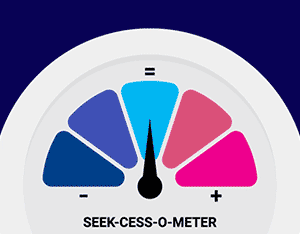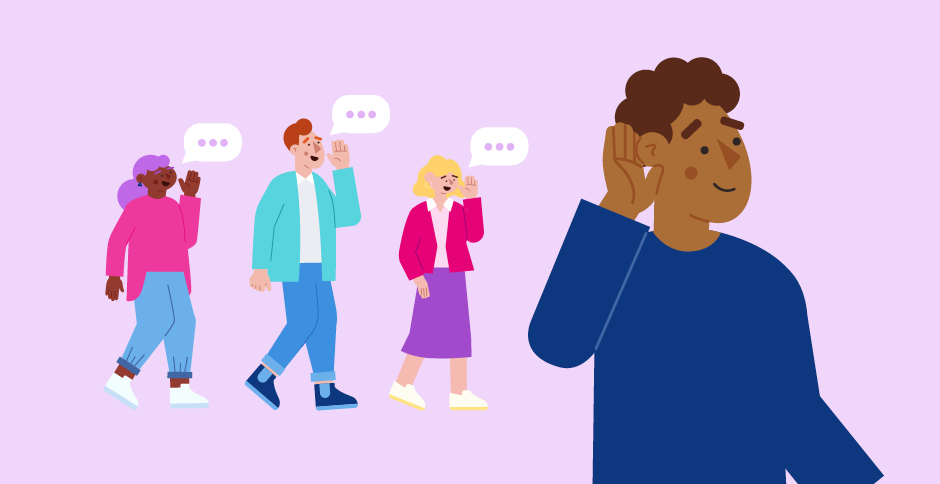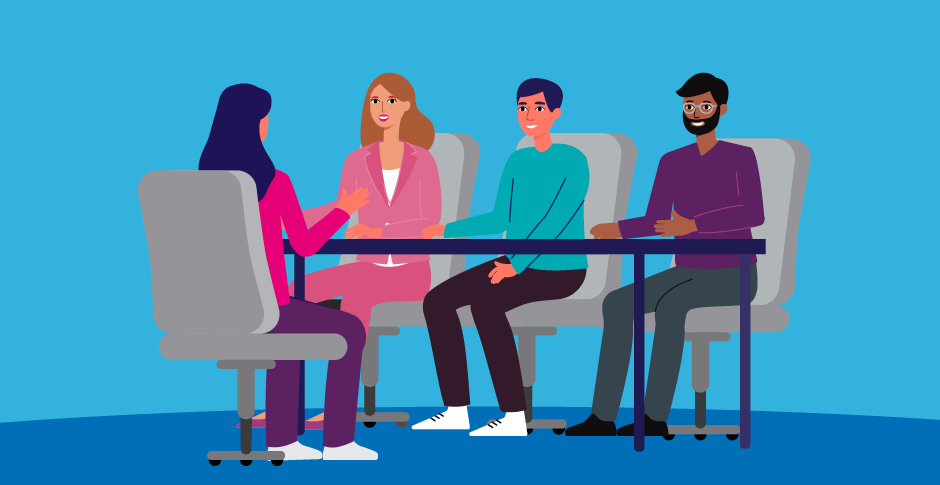There’s usually a huge sense of relief once a job interview is over, but that feeling quickly subsides as you start trying to analyse your performance.
Instead of torturing yourself over every little detail, you're better off looking at the larger aspects that will give you a good indication of how you went, and help relieve some of that post-interview angst.
Leah Lambart, a career consultant at Relaunch Me, shares her expert knowledge on how to tell if your job interview went well.
- Body language. How did the hirer act toward you during the interview? If they were really engaged in the conversation that’s not simply a sign that they’re a good interviewer – it means they’re seriously considering you for the role.
“If the interviewer believes that you may be the right candidate they will tend to display positive body language such as leaning forward, smiling, maintaining eye contact and making a genuine effort to build some rapport with you,” says Lambart.
- Introductions and office tours. Did the interviewer take you around to meet other people in the office? Or did they invite additional people to meet you, such as another manager or someone from the team you would potentially be joining?
These are also signs that you may be the preferred candidate, says Lambart. “If they take you on a tour of the office and casually introduce you to a few people along the way this is also a very good sign that you have a good chance of getting the role.”
- Asking about your notice period and other prospects. “If the company is really interested in hiring you, the interviewer may ask about your notice period or how soon you would be available to start in the role,” says Lambart. “If they ask whether you could potentially reduce your notice period and start earlier that’s also often a positive sign.”
Additionally, “they may be interested in whether you’re interviewing elsewhere, so they can gauge whether they need to move quickly to get an offer out.”
- Casual chit chat. Friendly questions aren’t simply a hallmark of professionalism, says Lambart. “If the interviewer believes you may be the right candidate they will make a genuine effort to bond with you.
So take note if they ask about your family, hobbies or interests, and make an attempt to find some common ground. Lambart says hirers asking questions about your personal life is a “positive sign” that may also indicate that they’re “interested in forging more of a long-term relationship with you.”
- Talking about the future, with you in it. Did the interviewer mention any scenarios that included you or indicated that they’re seriously considering you in the role? Lambart says that if they start describing the role with the assumption that you will be working in the position then it’s “a pretty safe bet”.
“For instance, they may say ‘When you start working here, we would be looking to…’ or ‘The key priorities for you if you join us would be…’ Likewise, if they start talking about your future career development with the organisation and selling the benefits of joining the organisation this may also suggest that they would like to get you on board.”
- Asking you to get in contact with any questions you might have. Did the interviewer indicate that they want to hear from you again? “If the interviewer or panel pass on their contact details or business cards and genuinely encourage you to call with any questions then this is also a great sign that they are keen to move things forward.
“Usually an interviewer won’t encourage future communication if they don’t think you’re the right fit for the role.”
- Providing clear next steps about how and when you’ll hear from them. This can signal that the company has a thorough, professional recruitment process, but it can also indicate that they’re already thinking about you progressing through the recruitment process.
“If the interviewer details the next steps and asks about your availability to attend a second interview or complete online assessments then you should expect to hear from them again,” Lambart explains. “Sometimes they may even ask about your availability to attend a training session or team day before you commence the role.”
So, don’t sweat the small stuff – consider these seven signals and you’ll be able to tell very quickly how successful your interview was.
“If the interviewer details the next steps and asks about your availability to attend a second interview or complete online assessments then you should expect to hear from them again,” Lambert explains. “Sometimes they may even ask about your availability to attend a training session or team day before you commence the role.”



